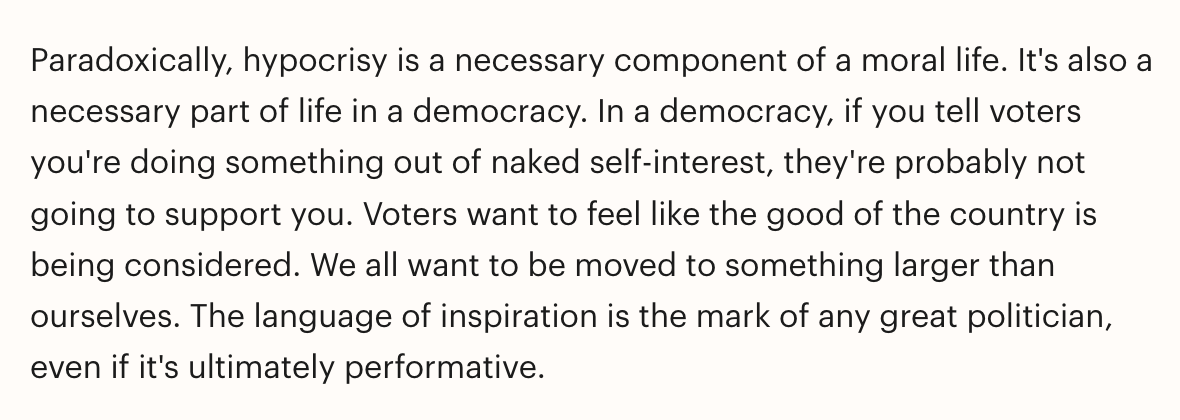Shadi Hamid: Hypocrisy 'Necessary Part of Life in Any Democracy,' Contrasting with Trump

Washington D.C. – Shadi Hamid, a senior fellow at the Brookings Institution, recently asserted that "hypocrisy is also a necessary part of life in any democracy," a statement that has drawn attention to the complex role of political conduct in governance. His remarks, shared via social media, directly contrasted this view with former President Donald Trump, whom he characterized as an "anti-hypocrite." Hamid's perspective suggests that a degree of inconsistency between public pronouncements and practical actions can serve a functional purpose in maintaining democratic stability.
In his tweet, Hamid explicitly stated, "> Hypocrisy is also a necessary part of life in any democracy. I'd go for a hypocrite over an anti-hypocrite like Donald Trump any day." This position, which he has explored in depth in publications such as The Atlantic, posits that political hypocrisy can act as a crucial lubricant for society. It allows leaders to navigate diverse public opinions and competing interests by paying lip service to shared ideals, even when their actions might pragmatically deviate, thereby preventing deeper societal fractures.
Hamid's classification of Donald Trump as an "anti-hypocrite" highlights a leadership style that often eschews traditional political decorum and openly challenges established norms. While some supporters might view this as authenticity, Hamid suggests this approach can dismantle the subtle mechanisms that historically facilitate compromise and maintain a common political language. He argues that this directness, in his assessment, can lead to heightened polarization and a more confrontational political environment, potentially undermining democratic institutions.
As a prominent scholar specializing in the Middle East, political Islam, and democracy, Hamid frequently analyzes the philosophical underpinnings of governance and the practical realities faced by political leaders. His recent commentary underscores a broader academic and public debate about the evolving nature of political discourse and the impact of transparency versus pragmatic ambiguity in preserving democratic health. The implications of his argument extend to understanding how societies manage internal contradictions and disagreements within their political systems.